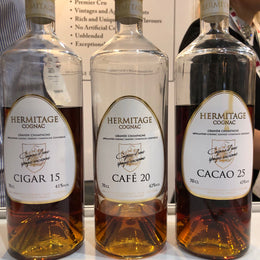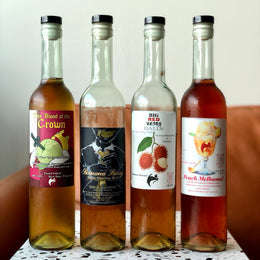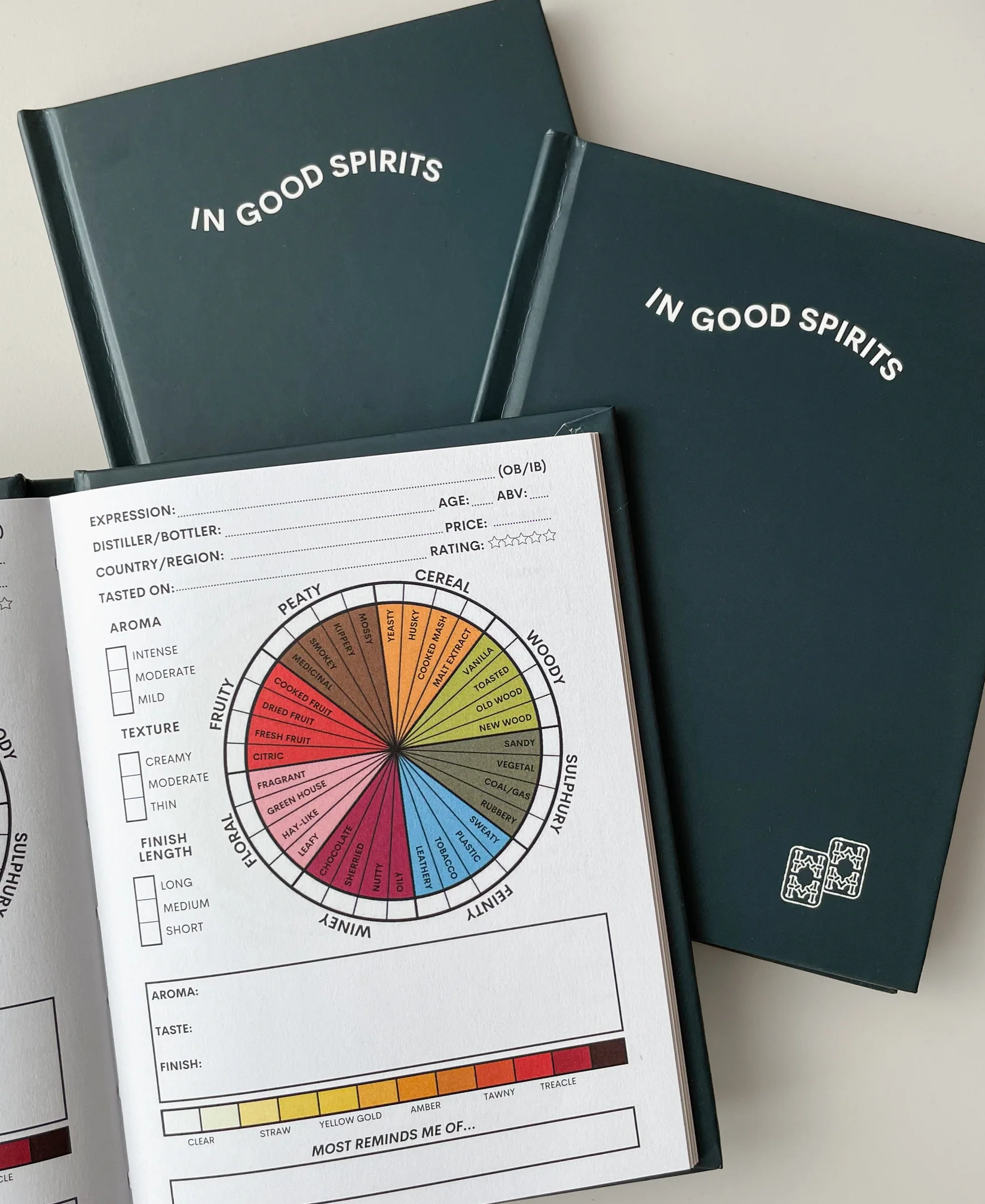
Shochu whilst the national spirit of Japan, is a pretty loose category, which makes it a somewhat funny choice for a national spirit, when your national spirit can be made from over 50 different base ingredients.
For those who aren't familiar with Shochu, it's a distilled spirit where you can pretty much take any base agricultural product that contains starch, add yeast, allow to ferment, and subsequently put it through distillation. The more popular varieties include imo (sweet potato), mugi (barley), kome (rice), soba (buckwheat), shiso (perilla) and kokuto (black sugar) - as you can see, it's a pretty inclusive category.

But that's also where it gets interesting, as each region in Japan tends to have its preferred style of making Shochu, which as you might guess is based on the popular agricultural produce of the region. For example, imo or sweet potato shochu is generally made in Kagoshima, the Miyazaki region tends to go for kome or rice shochu, while mugi or buckwheat shochu is particularly popular in the Fukuoka region.
In that sense, perhaps Shochu is indeed the perfect national spirit for Japan as its sufficiently broad to reflect the many regional nuances that makes up Japan.
Today, we're heading to the stronghold of imo (sweet potato) shochu - Kagoshima, where the region is known for its Satsuma imo.
In Kagoshima, one of the well known shochu houses is that of Hamada Syuzou, which has been making shochu since 1868.

Hard to believe that these sweet potatoes can produce such incredible flavors. If you're ever in doubt of yourself, just remember even a sweet potato can become something great. (Image Source: Daiyame)
Yet, on their 150th anniversary, they decided to try something alittle different - they tested a new ageing process, called koujuku, on their sweet potatoes. This process, which the distillery keeps tight lipped about, involves ageing the sweet potatoes for 3-4 months before steaming them and putting them through the fermentation (using black koji) and distillation process. And that's all well and good, but what's really interesting is that they've found a way to produce an incredibly aromatic shochu - Daiyame.
Daiyame, launched in 2018, has been quite a big hit the past couple of years for its incredible aromas of lychee, which has set off a whole wave of shochu makers looking to replicate that same success by finding ways to create a naturally aromatic shochu. This one's 25% ABV, while as of late there's been a 40% ABV version.
So let's see what the buzz is all about, shall we?
Daiyame Hamada Syuzou Imo (Sweet Potato) Shochu - Review

Tasting Notes
Color: Clear
Aroma: Really aromatic lychee and rose petal notes that immediately come forth when you put your nose alittle closer to the glass - think fresh lychees and rose water, it's remarkably "natural" and estery. Despite the fruity and floral notes, it isn't cloying or syrupy, and has a clean quality about it. Almost like liquid-form lychee and rose fragrance.
It's tempting to think of the aromas as sweet, but I think it's actually more fragrant and associated with sweet lychees rather than actually being sweet smelling. Quite remarkable!
Taste: Oooh! Surprisingly, the it doesn't taste sweet at all. It's creamy and more neutral, and only ever so slightly sweet. It's almost like a very perfumery sake. It has the same consistency as sake, slightly creamy, but quite neutral and slightly mineral and of a very light white wine in taste. Very smooth and almost silky.
Finish: Crisp and clean, the minerality is alittle bit more pronounced here, with a little bit of mikan oranges or sudachi (a Japanese lime) - that light citrusy touch.

My Thoughts
This is frankly remarkable. I have never tasted a shochu remotely close to this - those lychee and rose notes that the brand advertises is incredibly obvious and upfront. I had tried this at an izakaya, having it on the rocks as I tend to do with shochu, and my friend who was dining with me had laughed off my amazement. That is until he tried it himself and was floored as well.
This really noses beautifully, the aromas are incredibly fragrant and perfumery, yet on the palate, it's barely sweet - it's a creamy sort of intermediary between sake and white wine, which made it a great companion for my izakaya meal. The finish was also crisp and clean, with just alittle bit more complexity in terms of the fruitiness here, but again, not sweet - which made it quite refreshing on the rocks.
My Rating |
🪁This got me high as a kite! I couldn't believe how good it was. My dinner companion had chuckled at my amazement - that is, until he tried it and was floored too. Really easy to find at any Japanese supermarket and at a great price point too. Ridiculous value. |
After trying it, I had to look for one, and wouldn't you know it, the Japanese supermarket nearby carried it. And to my amazement, this is actually quite widely distribute and also at a really good price point (~US$50 for 900ml bottle).
Definitely one of the best Shochu finds by far. If you're getting into Shochu, or you'd like to gift someone a Shochu or floor your boss as a meal - Daiyame is your bottle.
Look for it at any Japanese supermarket, should be pretty easy to find.
Kanpai!

@111hotpot





